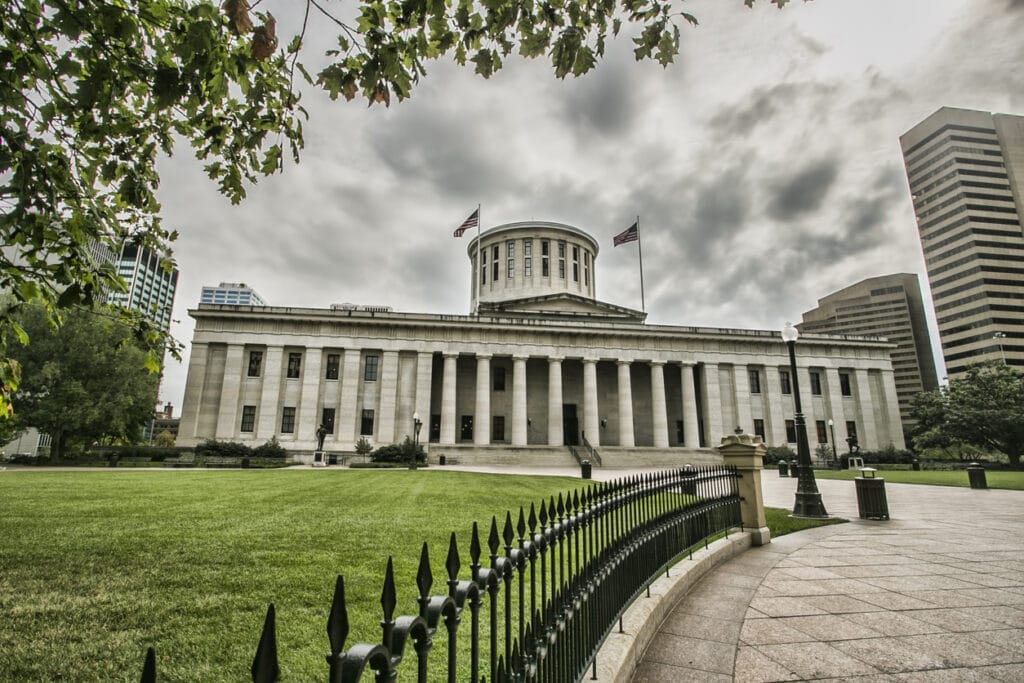Can states lead the way on safety net reforms?

In National Review, Jennifer Butler of the Center for Practical Federalism highlights how the One Big Beautiful Bill puts states in a pivotal position to lead reforms to Medicaid and SNAP.
With enrollment and spending at record highs for those programs, Butler argues that states must innovate to better serve the truly needy while promoting work and long-term stability. As America nears its 250th anniversary, Butler sees this as a defining test of federalism and a chance to build a more accountable, sustainable safety net. The status quo is not only playing a big role in bankrupting our nation but it does nothing for society when able bodied adults are non-contributors with little motivation to change.
Fortunately, the One Big Beautiful Bill shifts more administrative and financial responsibility to the states, giving them the authority to restore integrity to these programs.
She writes:
OBBB turns the page. It gives states the tools to target assistance to those who truly need it, link benefits to meaningful work, and restore integrity to welfare programs. More importantly, experience shows these reforms work. In the 1990s and 2000s, state-level work requirements for food stamps helped move millions from welfare to work, leading to higher employment rates and rising family incomes. Work requirements are not a punishment; they are a proven path to greater opportunity, better health, and stronger communities.
— The Federalism Beat